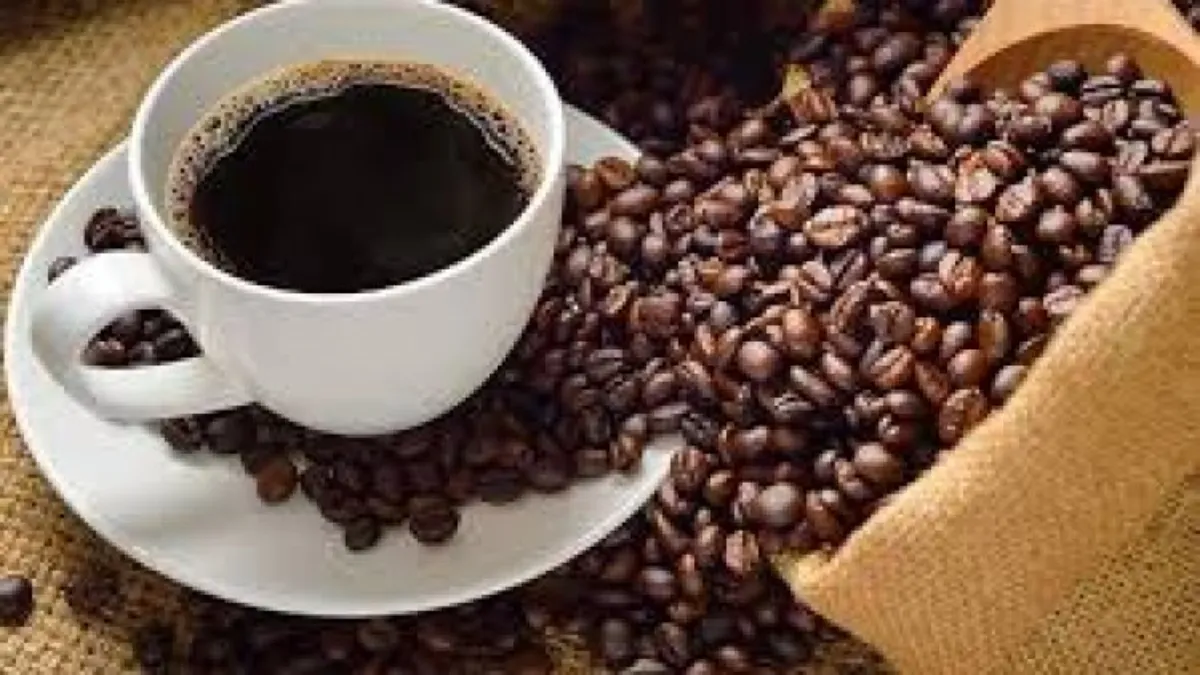Fasting has been practiced for centuries, revered for its potential health benefits and spiritual significance. In recent years, intermittent fasting has gained popularity as a dietary approach to weight loss and overall wellness. However, one common question that arises among fasting enthusiasts is whether it’s permissible to consume coffee during fasting periods. Let’s explore this topic in depth to shed light on whether your morning brew is compatible with fasting regimens.
Fasting involves abstaining from food and, in some cases, certain beverages for a specified period. Different fasting protocols exist, ranging from time-restricted eating windows to extended fasts lasting multiple days. The primary goal of fasting is to promote various health benefits, including weight loss, improved metabolic health, and cellular rejuvenation.
The Role of Coffee in Fasting
Coffee is a beloved beverage enjoyed by millions worldwide for its rich flavor and energizing effects, thanks to its caffeine content. For many fasting enthusiasts, coffee serves as a welcome companion during fasting periods, helping stave off hunger pangs and providing a much-needed energy boost. Additionally, coffee is virtually calorie-free when consumed black, making it a seemingly ideal choice for those adhering to fasting protocols.
Benefits of Coffee During Fasting
- Appetite Suppression: Caffeine, the primary active compound in coffee, has been shown to suppress appetite and increase feelings of fullness, which can be beneficial during fasting periods.
- Enhanced Fat Burning: Coffee consumption has been linked to increased metabolic rate and enhanced fat burning, potentially amplifying the effects of fasting on weight loss.
- Improved Focus and Alertness: The stimulating effects of caffeine can help combat fatigue and enhance cognitive function, supporting mental clarity and productivity during fasting.
- Antioxidant Properties: Coffee is rich in antioxidants, such as chlorogenic acid and polyphenols, which may offer protective benefits against oxidative stress and inflammation.
While coffee can be a valuable ally during fasting, it’s essential to consider individual factors and potential drawbacks:
- Caloric Content: Adding sweeteners, creamers, or flavored syrups to your coffee can break your fast by introducing calories and stimulating insulin release. Opt for black coffee or unsweetened alternatives to maintain fasting benefits.
- Sensitive Stomachs: Some individuals may experience gastrointestinal discomfort or acid reflux when consuming coffee on an empty stomach, particularly if prone to digestive issues. Listen to your body and adjust your intake accordingly.
- Impact on Sleep: Consuming coffee late in the day can disrupt sleep patterns, leading to impaired sleep quality and daytime fatigue. Limit caffeine intake to earlier hours, especially if fasting extends into the evening.
- Hydration Status: Coffee, like all caffeinated beverages, possesses diuretic properties that can contribute to dehydration. Ensure adequate hydration by balancing coffee consumption with water intake throughout the day.
In conclusion, drinking coffee during fasting can be a personal choice that enhances the fasting experience for many individuals. When consumed black and in moderation, coffee can offer appetite suppression, metabolic benefits, and cognitive enhancement without compromising fasting benefits. However, it’s essential to be mindful of additives that may break your fast and consider individual tolerance and preferences. As always, consult with a healthcare professional before implementing any significant dietary changes, especially if you have underlying health conditions or concerns. With thoughtful consideration and moderation, coffee can be a welcome addition to your fasting routine, providing both physical and mental support on your wellness journey.


